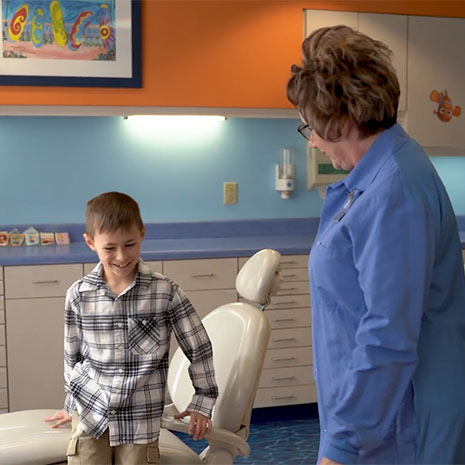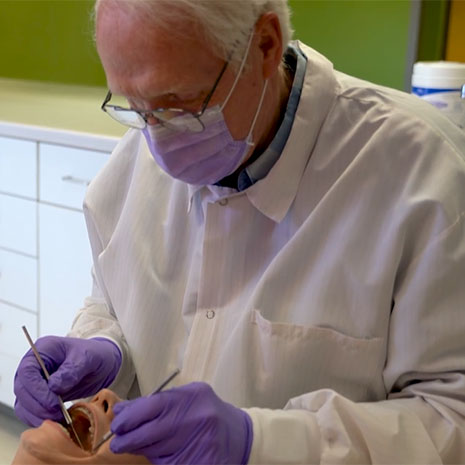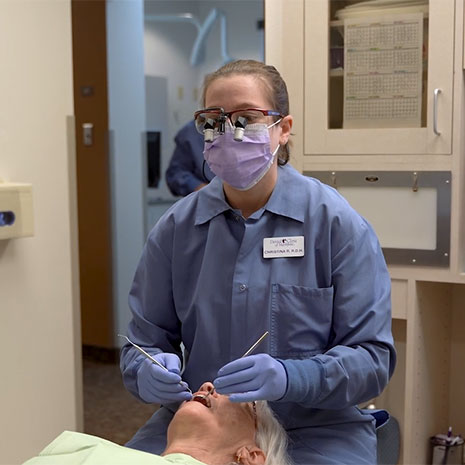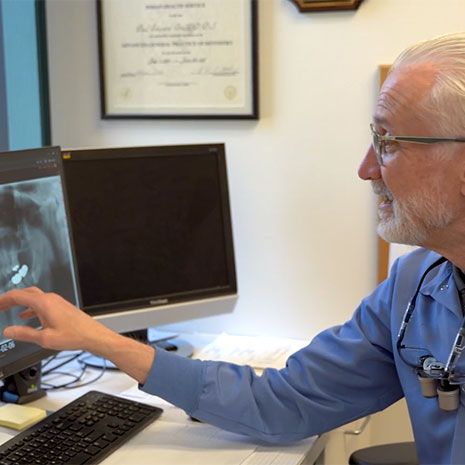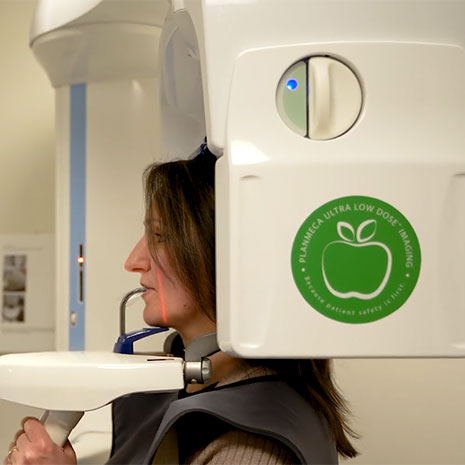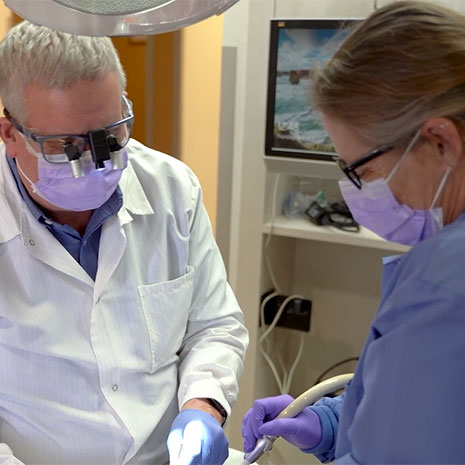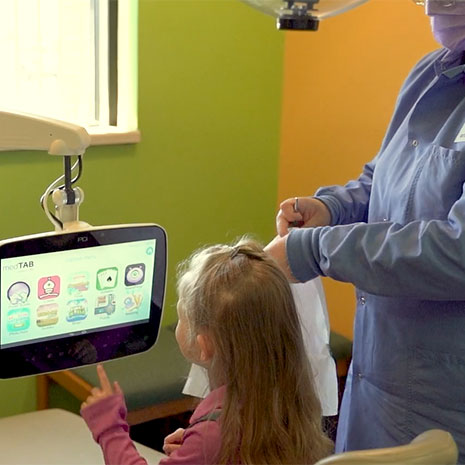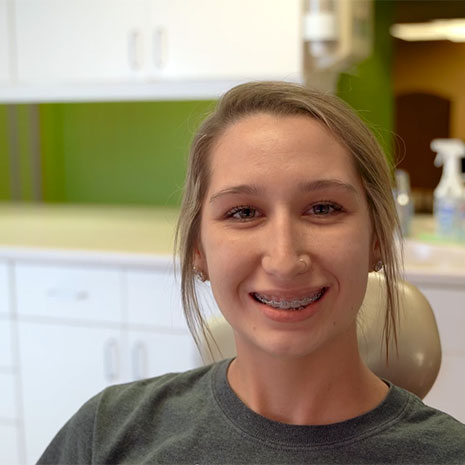Dental Health and Root Canals
In the past, if you had a tooth with a diseased nerve, you would probably lose that tooth. Today, with a special dental procedure called root canal treatment, your tooth can be saved. Root canals are a relatively simple procedure involving one to three office visits. Best of all, having a root canal when necessary can save your tooth and your smile!
What is the purpose of a root canal?
A tooth's nerve is not vitally important to a tooth's health and function after the tooth has emerged through the gums. Its only function is sensory – to provide the sensation of hot or cold. The presence or absence of a nerve will not affect the day-to-day functioning of the tooth.
When a tooth is cracked or has a deep cavity, bacteria can enter the pulp tissue and germs can cause an infection inside the tooth. If left untreated, an abscess may form. If the infected tissue is not removed, pain and swelling can result. This can not only injure your jawbones, but it is detrimental to your overall health. Without the proper treatment, your tooth may have to be removed.
What are the signs that a root canal is needed?
Teeth that require root canal therapy are not always painful. However, signs you may need a root canal include severe toothache, pain upon chewing or application of pressure, prolonged sensitivity or pain in response to hot and cold temperatures, a dark discoloration of the tooth, and swelling and tenderness in the nearby gums. If you experience any of these symptoms, contact your doctor.
What happens during a root canal?
Root canal treatment involves one to three visits. During treatment, your general dentist or endodontist (a dentist who specializes in problems with the nerves of the teeth) removes the affected tissue. Next, the interior of the tooth will be cleaned and sealed. Finally, the tooth is filled with a dental composite. If your tooth had extensive decay, your doctor may suggest placing a crown to strengthen and protect the tooth from breakage. As long as you continue to care for your teeth and gums with regular brushing, flossing, and checkups, your restored tooth can last a lifetime.
Apicoectomy (Root-End Resection)
Although there are many surgical procedures that can be performed to save a tooth, the most common is called apicoectomy, or root-end resection. When inflammation or infection persists in the bony area around the end of your tooth after a root canal procedure, your endodontist may have to perform an apicoectomy.
In this procedure, the endodontist opens the gum tissue near the tooth to see the underlying bone and to remove any inflamed or infected tissue. The very end of the root is also removed. A small filling may be placed in the root to seal the end of the root canal, and a few stitches or sutures are placed in the gums to help the tissue heal properly. Over a period of months, the bone heals around the end of the root.
Endodontic Surgery Alternatives
Often, the only alternative to surgery is extraction of the tooth. The extracted tooth must then be replaced with an implant, bridge, or removable partial denture to restore chewing function and to prevent adjacent teeth from shifting.



